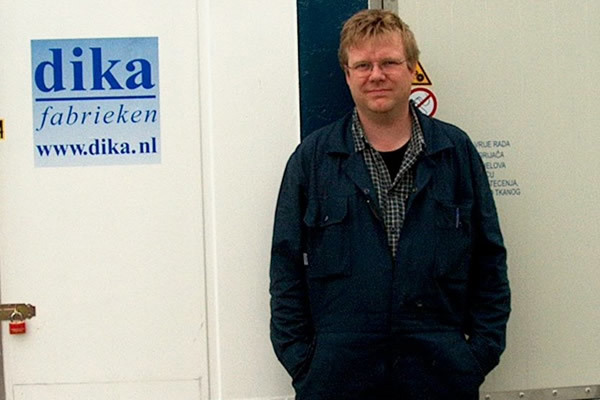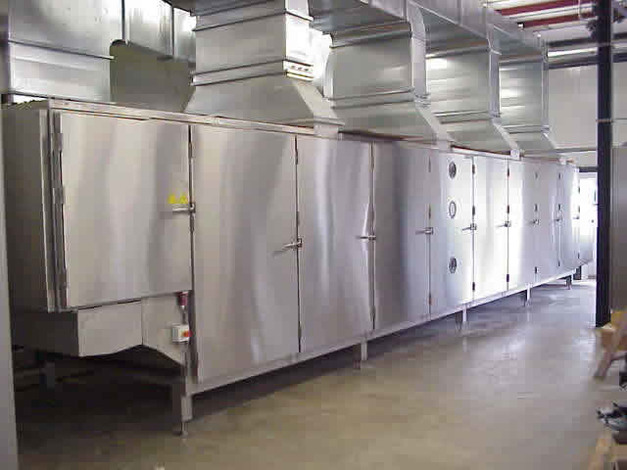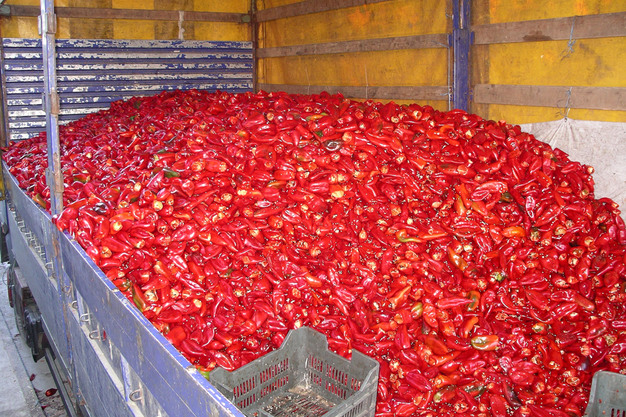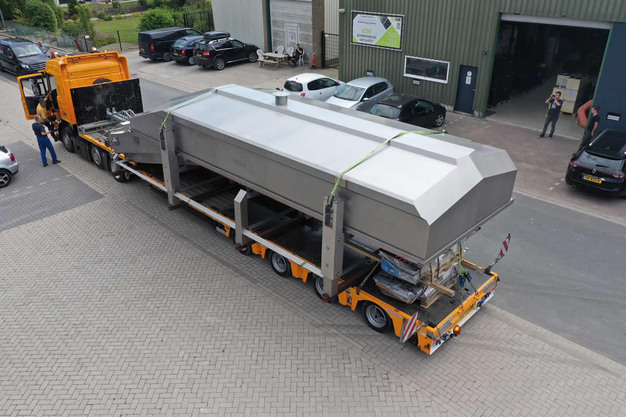Jan Diekema ran his own vegetable and herb drying company, Dika Fabrieken, for many years in the Netherlands. The dried vegetables and herbs were used as soup, sauce, and snack ingredients. He sold the factory years ago but couldn't resist the sector's allure. So now, Jan is an independent consultant, advising companies on processing and drying their (residual) products.

Jan Diekema
"Vegetable drying was common in the Netherlands, but we lost that craft to cheaper countries like India, China, and Egypt. However, there's a resurging demand for those products. With overseas products, there's always the question of where exactly they originate and how they were produced. The food miles concept plays an increasingly significant role," says Jan.
"As an independent consultant, I guide companies through the entire process, from starting the installation to potentially selling the product. After all, you can provide a machine, but knowledge is key. With my experience in drying technology and preserving vegetables, fruits, herbs, cheese, seaweed, and insects, I know what's needed for the different products."

"There are plenty of opportunities. Companies often have overproduction during the season. By drying those products, you can sell them as food products. That's far more lucrative than sending them to, say, the animal feed industry or a composter, which often happens. Almost all products can be dried; you just need an outlet for them. Most go to multinationals, but niche markets like dried seaweed are also emerging," Jan explains.

"There are continual developments in drying technology. We used to heat mainly with natural gas or fuel oil, but today's systems use condensation drying or heat pumps, so can dry much more efficiently. Since a large part of drying is energy, companies should also consider where they release heat. Cleverly use that, and new drying options arise."

"When a customer approaches us with their product, we find a machine to match. That could be driers with 3 tons/hr water condensation, but we've also placed smaller 220 kg ones. I recently installed a seaweed dryer for the Dutch Seaweed Group. But also think of a hub or cooperative where growers bring their goods to dry. And the dried vegetables are then preserved for years," Jan concludes.
For more information
Jan Diekema
Mob: +31 (0) 622 405 663
jgd@dika.nl
